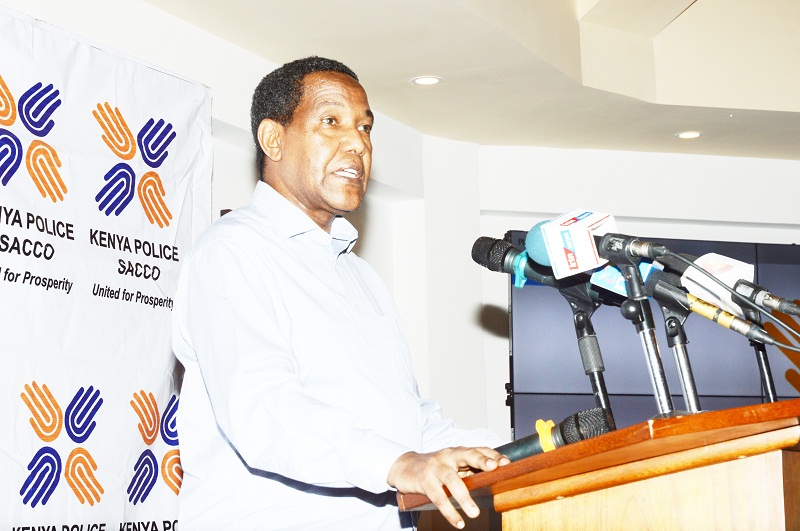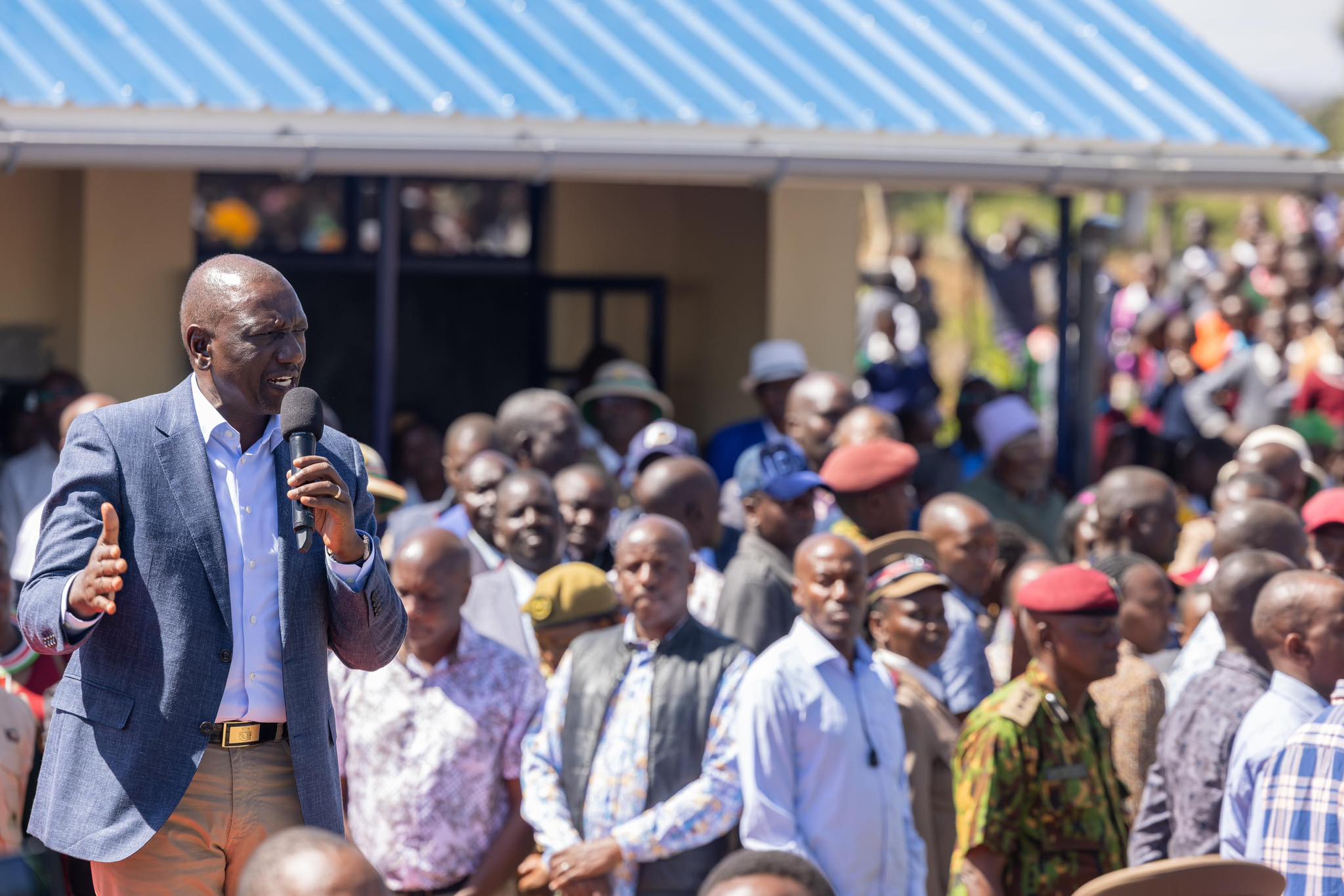By Azael Masese
Outgoing State Department for Cooperatives Principal Secretary (PS) Ali Noor Ismail is a happy man.
Despite missing out on nominees list for PS positions in the new government, he has no bones to pick with anyone as he says the cooperative sector under him achieved a lot.
He had expressed interest to continue as PS, but Patrick Kiburi Kilemi will take over from where he left in the same department, though now elevated to a full ministry.
He welcomed the change, remaining grateful for the opportunity he got to serve Kenyans as he rose to the highest position in the public service.
“I was appointed as PS for labour in the Jubilee government, and later on moved to the State Department for Cooperatives in 2015,” he says.
For a short while he was in the Environment and Forestry ministry from 2018 to 2019, before returning to cooperatives.
“With my background in human resource and in the banking industry, I think the previous government saw my potential to serve in cooperatives,” he was quick to point out.
During the seven years he served in the cooperatives department of the Ministry of Agriculture, Fisheries and Cooperatives, the sector reported remarkable achievements in the legal and regulatory framework.
He oversaw the creation of the Central Liquidity Facility, Deposit Guarantee Fund and the National Cooperative Policy, though they have not fully been incorporated.
In his reflections, he sees the Central Liquidity Facility enabling Saccos facing liquidity challenges get a lifeline by borrowing from their peers.
“There are Saccos with good liquidity and if there are those facing cash flow challenges, the facility will enable them borrow from other Saccos at low interest rates than going to banks,” he said.
Besides, Saccos will enter the national payment system where they will be able to transact using cheques.
“Saccos reported tremendous growth in terms of asset base, deposit portfolio and loan book,” he added.
During an exclusive interview with Sacco Review at his NSSF offices, Ali Noor said Kenya’s cooperative sector is recognized globally.
“The creation of the Sacco Societies Regulatory Authority (SASRA) is the best thing that ever happened as members have confidence that there is someone watching over their savings,” he said.
One Sacco personality whom he holds in high esteem is Kenya National Police Deposit-Taking Sacco Board Chair David Mategwa for his commendable efforts to improve its performance.
“Mategwa has done a commendable job to improve the Sacco to become one of the most stable and profitable in the country,” he said.
The PS says that would not have been possible were it not for the numerous resources they spent on education, information and training for their members, delegates and board directors.
“I wish other Saccos can borrow a leaf from them,” he said, hoping for a time all Kenyans joined a Cooperative society as they will be able to enjoy immense benefits.
Asked how best Saccos should report performance, he proposed a hybrid of dividend payouts for stability, where caution is taken to retain some profit to address any financial shocks.
This, he noted, can only happen when members are trained on the importance of having a stable Sacco whose performance is not purely based on dividend payouts.
Ali Noor expressed confidence that ongoing efforts to revitalise agriculture will consequently improve the Cooperative movement.
“The producer-based Cooperative societies will be stronger once the sectors are revitalized through stakeholder involvement in reforms,” he said.
Kenya’s economy, he observed, depends on agriculture and once the sector is improved, cooperatives will flourish.
Though a lot has changed, such as the diminishing land size, which might not see coffee production peak to its glorious past, he said there are some parts of the country that can embrace the crop.
Diversified investment, he said, had pushed the crop to the precipice. Kiambu County for example, which was a coffee growing zone, has seen massive investment in real estate even in areas that were once arable.
He advises Sacco leaders to be cautious when investing in other entities such as buying commercial banks, saying the duplication of service may jeopardize operations.
However, he says that despite all the achievements within the sector, poor governance remained a headache.
The Kabarnet High School alumni feels that it is immoral for Sacco managers to misuse resources under their watch.
“It pains me that members sacrifice and delay gratification to save in a Sacco, only for it to be misused,” he said.
He expressed optimism that some of the government policies will curb this and hold those responsible to account.



